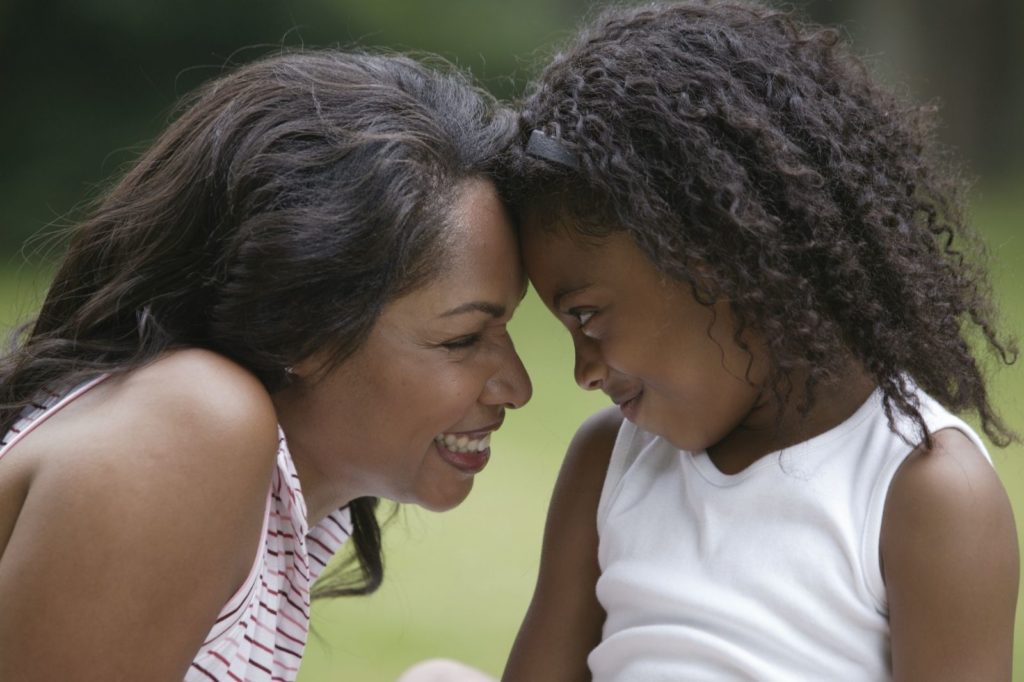I’m a recovering perfectionist. In my writing, I’m always looking for a better way to phrase things (I’ve revised this sentence four times). As a teacher, I’m always tweaking my lesson plans and assignments to try to make them more effective and inclusive. And as a mother of four children, I sometimes agonize over being the best parent I can be, knowing firsthand that a mother is only as happy as her unhappiest child. Some days, that means I’ve been pretty anxious, stressed, and sad. One of the hardest lessons I’ve had to learn in parenting a child with mental illness is that it’s okay to doubt myself—and even more importantly, it’s also okay to trust myself too.
For many parents of children with mental illness, the diagnostic path can twist and turn through experiences we never expected. The parenting manuals don’t tell us what to do when our two-year old cannot stand the sound of a vacuum cleaner, or when our four-year-old expresses thoughts of suicide. The guidebooks don’t explain how to navigate an IEP (Individualized Education Plan) meeting or negotiate with our health insurance companies to get necessary mental health care. They don’t tell us how hard it will be to make the choice to give our young children antipsychotic medications that can have terrible side effects—and may help our children to survive. Meanwhile, the rest of the world is more than happy to judge and criticize our every word, deed, and thought.
During the many years when my son’s behavioral outbursts prevented him from succeeding at school and made our home life difficult, I had plenty of reasons to doubt my own parenting. Indeed, it’s much easier for the mental healthcare system that is failing our children to put the blame squarely on the parents. In one of my favorite parenting books, Far From the Tree (Scribner, 2012), Andrew Solomon explores what it’s like for parents to raise children with challenges like mental illness:
For some parents of children with horizontal identities, acceptance reaches its apogee when parents conclude that while they supposed that they were pinioned by a great and catastrophic loss of hope, they were in fact falling in love with someone they didn’t yet know enough to want. As such parents look back, they see how every stage of loving their child has enriched them in ways they never would have conceived, ways that are incalculably precious.
This quote really resonates with me. After I spent many years of “trusting” the experts and being let down, time and time again, I learned to trust myself, my love for my son, and his love for me. In fact, in many ways, Eric, who was diagnosed with bipolar disorder at the age of 13 after nearly nine years of severe behavioral symptoms, has been an inspiration to me. Because he works so hard at his mental health, Eric has insights about people, and he has compassion for me when I’m not perfect as a parent (which is often). His compassion and acceptance of me and my flaws have helped me to realize that in fact, perfection doesn’t matter much at all in the long run. It’s not what the parenting road looks like—it’s staying on it that counts.
So how did I learn to trust myself? The early steps were tentative, and the process is ongoing. I learned that while doctors are experts, parents can (and should) also do their own informed research and ask questions, as many as are necessary, about prescriptions and therapies. For example, if I hadn’t asked questions, I would never have known about occupational therapy, which has proven invaluable to Eric as he manages his sensory processing issues.
As my son has gotten older, I’ve also learned to trust him as the best expert on himself and what he needs. One of the most valuable skills we can teach our kids is the ability to advocate for themselves. Now that Eric is 18 and headed to college, he manages his own complex treatment regimen, and he decides what works best. This will be critical to his success when he moves five hours from home this fall. I also trusted him to come up with a crisis plan that includes me, just in case his symptoms become more than he can manage.
The truth is, all parents doubt themselves. When our children live with mental illness, the itch to second-guess ourselves can feel even worse. But we don’t need to scratch it. The world is full of haters and doubters, but the only people whose opinion of our parenting abilities matters are our children—once they become parents themselves.










